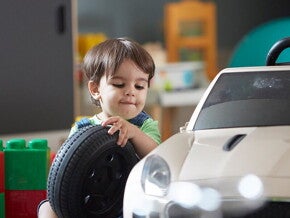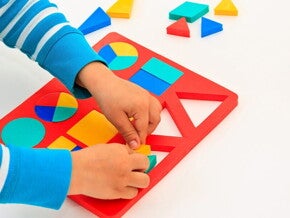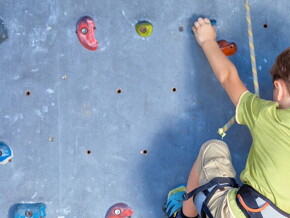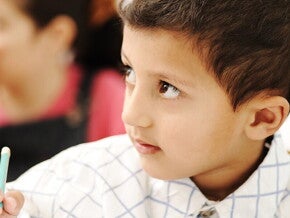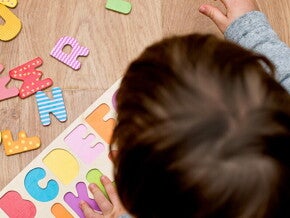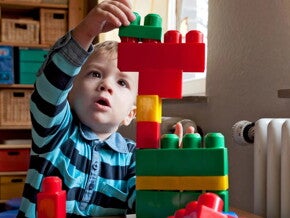
How to Prevent Bullying - Tips for Parents and Teachers
Bullying
Bullying is a serious problem nowadays, and discovering that your child may have been involved in bullying at school can be both shocking and upsetting. It might be hard to process this news, but it's crucial to learn how to prevent bullying and address the issue promptly to ensure it doesn’t repeat itself. Taking immediate action not only safeguards your child’s success in school but also their ability to form healthy friendships.
Tips for dealing with bullying
First things first, make sure your child understands how to prevent bullying by knowing what it is and why it’s wrong. Explain to him that it’s unacceptable to pick on kids who are different because of size, looks, race, religion, or gender. And remember that kids often repeat behavior that they see at home. So if your child’s older brother or sister is bullying him, it’s essential to demonstrate how to prevent bullying by dealing with that behavior firmly and compassionately.
Second, make sure your child understand that bullying is wrong and will not be tolerated. Try to understand the reasons behind his behavior. Often, it is just a way for your child to express his anger, frustration, or insecurity. Sometimes, it’s that your kid hasn’t learned cooperative ways to work out conflicts.
Teach your kids how to prevent bullying by treating others with respect and kindness. It sounds obvious, but it’s important. Instilling empathy towards people who are different, be it because of race, appearance, special needs, economic status, religion, etc., is fundamental in bullying prevention.
Try to be learn about your child’s social life. Is he being influences by friends? Is he feeling pressure to fit in? Talk to him about these things and try to address issues that may come up.
Be wary of how you talk to him. If you get too angry or emotional, your child might see that as an appropriate reaction to a problem and replicate your behavior. This does not mean that you can’t discipline your child, but make sure it takes the form of constructive criticism, as opposed to name-calling and accusations.
Get help. Talk to his teachers, to his counsellor and to his friends. They can help identify triggers and be able to talk to him when he loses control and starts bullying. It’s not an easy thing to go through, but if bullying goes uncontrolled, it will have a damaging effect on your child’s development.
Reference:
http://kidshealth.org/en/parents/no-bullying.html


